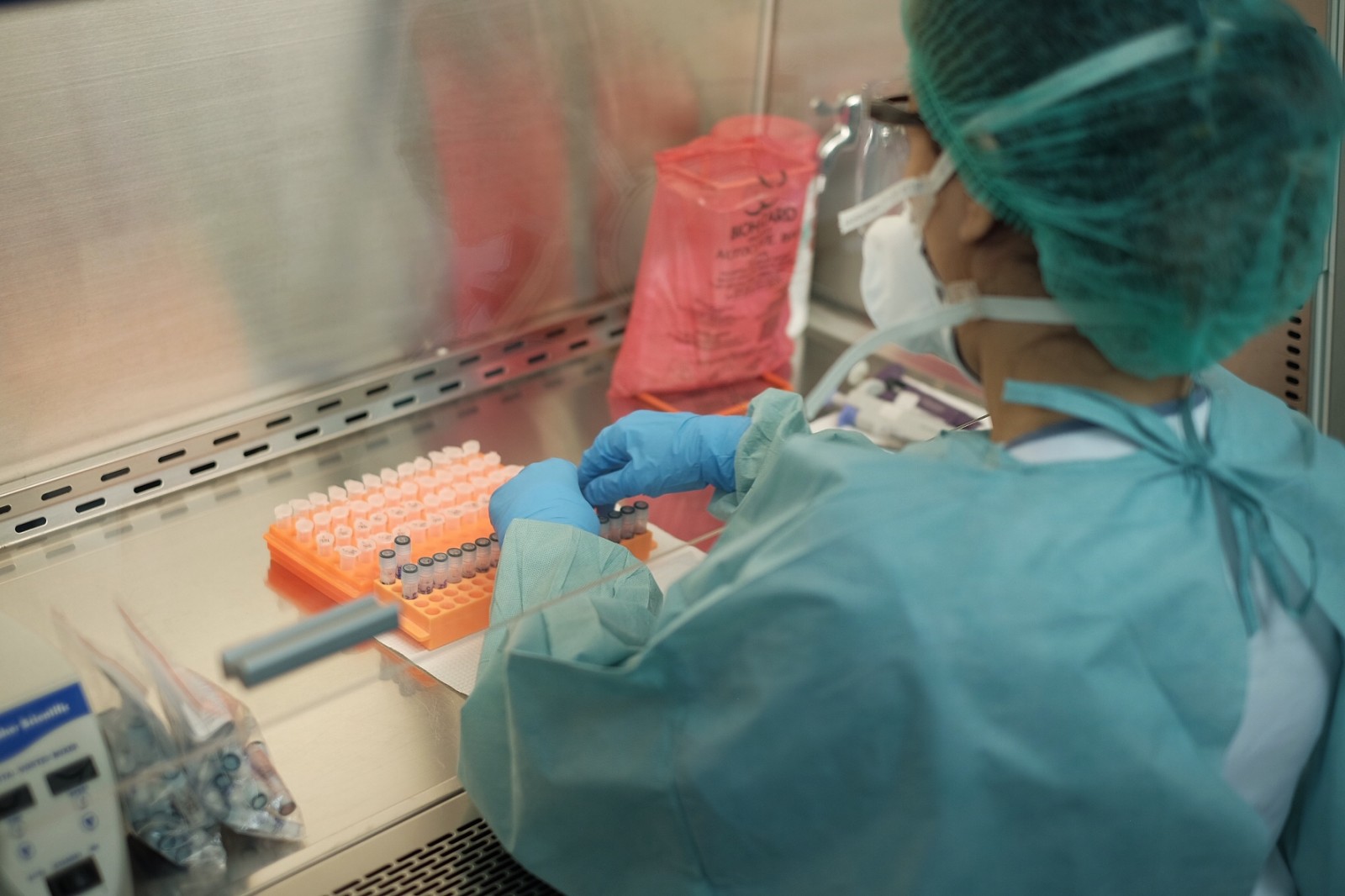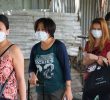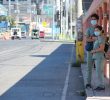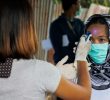
Photo from the Department of Health’s Facebook page
DAVAO CITY, Philippines — Scientists from the University of the Philippines refute the national government’s claims that it is winning the battle against the coronavirus (Covid-19) pandemic, citing statistics that show the virus is spreading fast.
This comes after Presidential Spokesperson Harry Roque said on Monday that the statistics showed the government has beaten the prediction of 40,000 infection and has provided daily tests of 15,000 with a positivity rate of six cases for every 100 people tested.
Roque bragged that figures as of June 30 showed 35,455 cases of infection with 9,686 recoveries and 1,244 deaths.
But UP Professor Giovanni Tapang, Dean of UP Diliman College of Science, refuted the claim, saying more statistics showed that the reproduction number of Covid-19 in the country continues to increase.
The reproduction number as explained by Tapang, refers to the rate of a disease’s ability to spread, or the average number one person infected with Covid-19 can infect another person. A reproductive number less than 1 would mean the virus has stopped spreading, while a number close to 2 means the virus is spreading fast.
“On June 23, the numbers were 1.32 compared to the 1.12 in the previous days. Policymakers should work towards making the reproductive number below 1,” Tapang said.
The professor also added that the doubling time of infection in the country is below 30 days or one month, indicating the spread of infection in the populace is high. This shows the country is still far from winning against it.
The UP OCTA researchers Prof. Guido David, Ranjit Singh Rye and Maria Patricia Agbuolos made an earlier forecast that the country is still in a significant community transmission. They cited the National Capital Region is at medium to high risk with a reproduction number of 0.96 to 1.2, and Cebu as high risk with a reproduction number at 1.96.
The group recommended the government should urgently scale up the other aspects of the test, trace, and treat strategy especially in the fast-tracking of accreditation of Covid-19 laboratories and deployment of information systems and other interventions to improve the Turn Around Time (TAT) of our testing centers.
“The government (must) re-examine and re-calibrate its strategies to ensure that the transmission does not increase beyond the capacity of the health care system to respond,” the research group said. (davaotoday.com)










